
Archos press invite
Although it hasn’t been confirmed as such, Archos is hinting that it will unveil its first Android powered Mobile Internet Device (MID) at press event to be held in Paris on June the 11th. The company isn’t actually using the MID moniker and instead refers to said device as an Internet Media Tablet, emphasizing its support for a range of audio and video codecs, including High Definition video playback, along with the ability to surf the web and access other Internet-based content.
Perhaps unsurprisingly, the use of Android brings telephony support to the table and, presumably, third-party applications downloadable from the Android Market app store.
Other than that, the device is said to sport a 5 inch touch screen, use TI’s OMAP 3 processor (the chip used to power Palm’s soon-to-be-released Pre smartphone), 3.5G connectivity, support for Adobe Flash, and provide up to 7 hours of video playback.
See also: Android’s biggest Netbook challenge (Hint: Windows)
Despite my skepticism of Android’s commercial potential running on a traditional Netbook, I think touch screen-based MIDs are a much more natural fit as they share a lot more heritage with smartphones (Android’s primary target). Additionally, one of my criticisms of existing MIDs, such as Nokia’s N810, is their lack of cellular connectivity – instead relying solely on WiFi – something that Archos’ upcoming Android device will address.
(via Engadget)


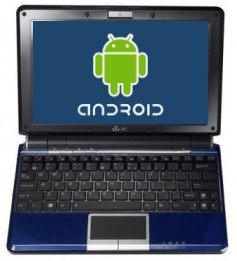 According to a flurry of reports, a number of
According to a flurry of reports, a number of 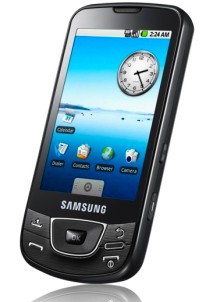
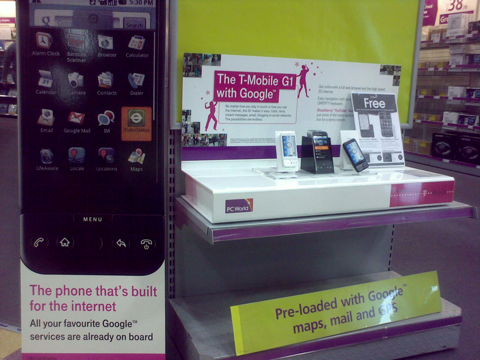
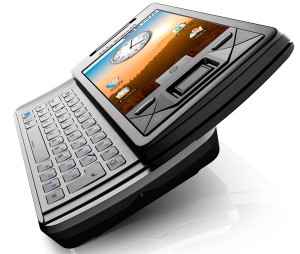 Sadly,
Sadly,  We
We 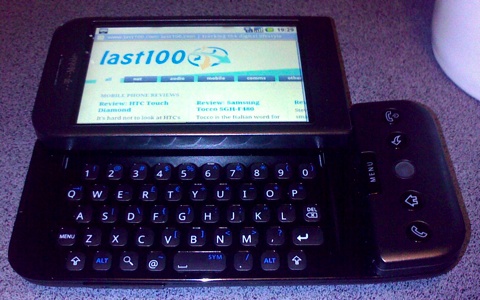
 Much of the iPod’s success,
Much of the iPod’s success,